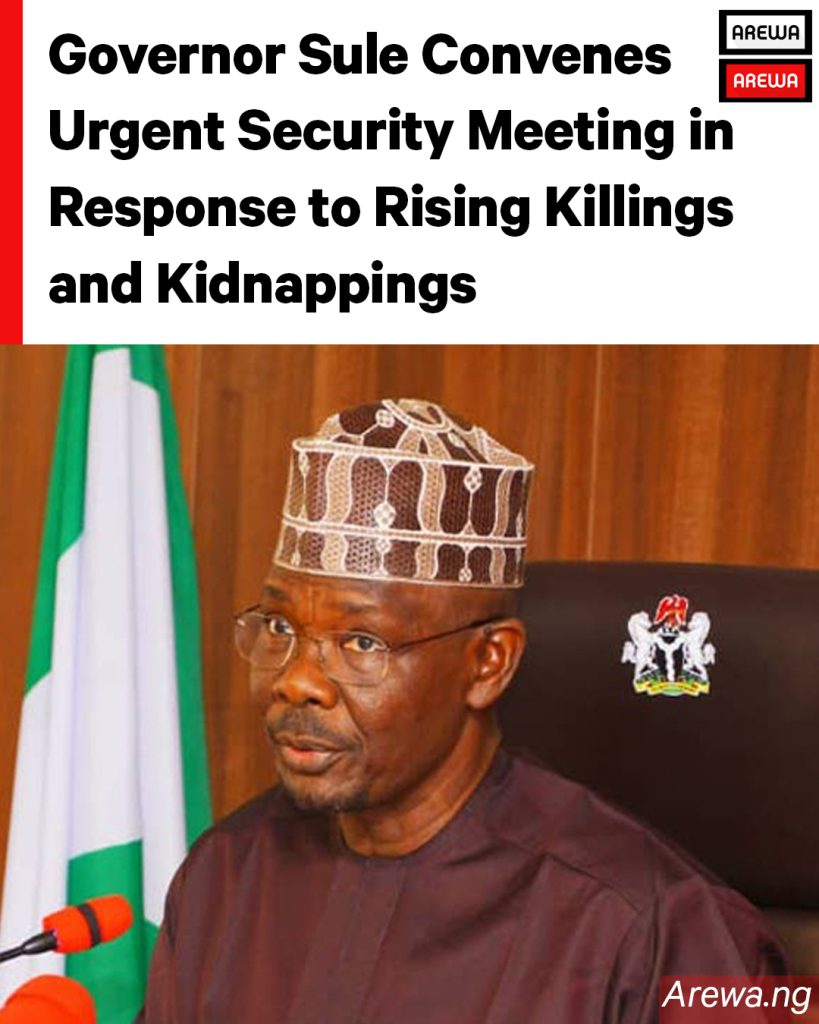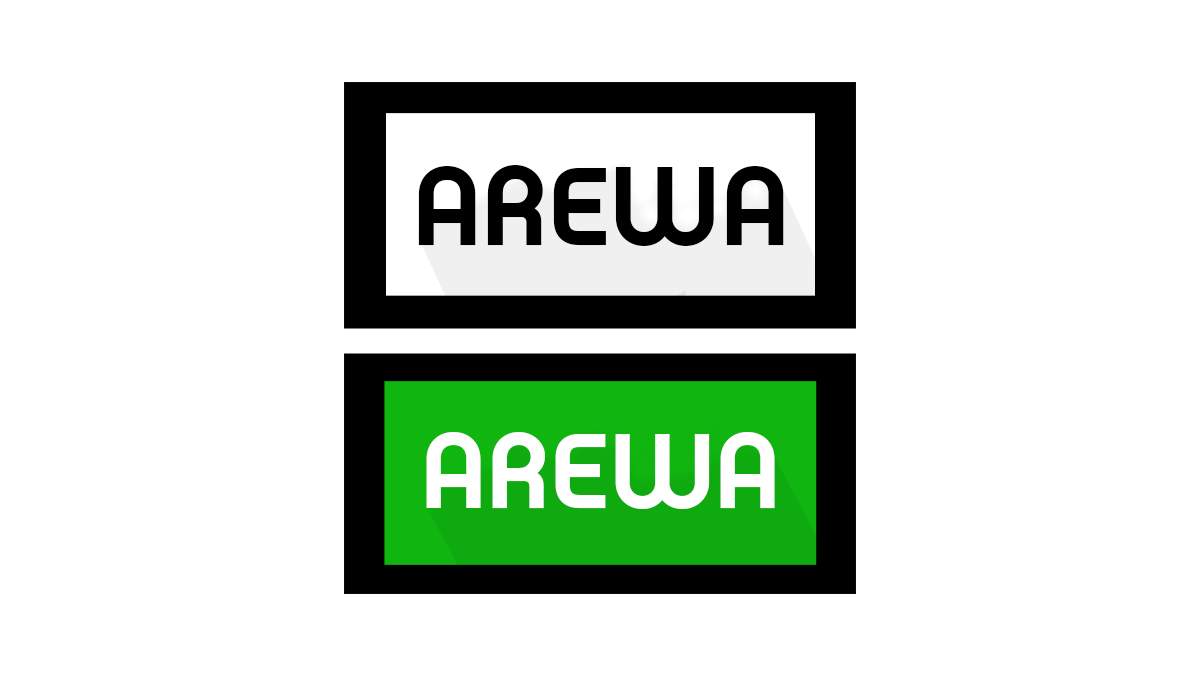In light of escalating insecurity, including kidnappings and killings in Nasarawa State, Governor Abdullahi Sule has convened an emergency security meeting aimed at tackling these challenges head-on. This development is in response to the growing unrest and relentless violence afflicting parts of the state.
Held at the Government House in Lafia, the meeting brought together security chiefs, Commissioners, traditional rulers, Fulani leaders, and other stakeholders. Governor Sule opened the meeting by expressing deep concern over the resurgent killings, particularly in Kokona, Karu, and Toto Local Government Areas. He underscored the tragic toll these security challenges have taken on human lives.
The expanded security meeting, attended by national and local Fulani leaders, was designed to offer the state’s security architecture the chance to reevaluate and strategize measures to address the prevailing security problems in Nasarawa State.
Governor Sule took the opportunity to offer condolences to the families of victims from the recent crises in Tatara, Gitata, Takalafiya, Toto, and Karu Local Government Areas.
In particular, he condemned the escalating kidnapping incidents in the state, especially along the Gudi-Garaku road where ex-deputy governor and former minister, Chief Solomon Ewuga, was recently kidnapped.
Regretfully noting the national prevalence of these security challenges, Governor Sule highlighted similar issues in Plateau, Gombe, and Kaduna states. He affirmed, however, that inaction is not an option and that the meeting was convened as a necessary step towards action.
The governor thanked the security agencies for their efforts, yet emphasized the need to revisit existing strategies and explore new methods to address the disturbing escalation of kidnappings. He acknowledged the state’s previous peaceful coexistence and expressed a desire to reclaim that stability.
Among the attendees at the emergency meeting were key figures such as the Commissioner for Environment and Natural Resources, the Secretary to the Government of Nasarawa State, local government chairmen, heads of security agencies, traditional leaders, and Fulani community representatives.



